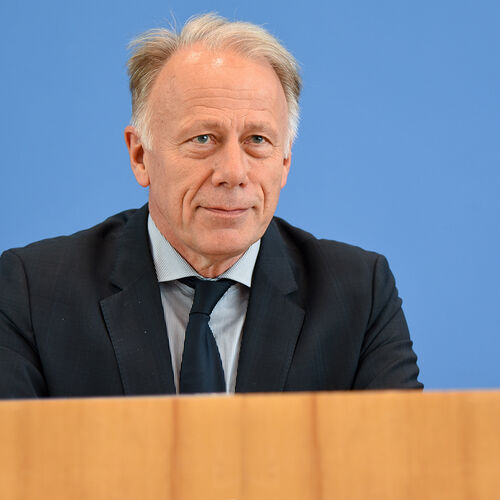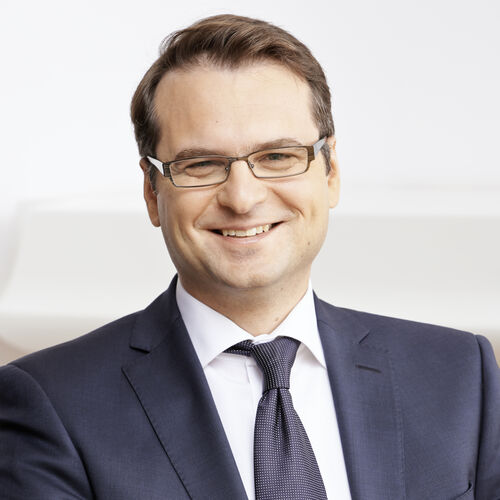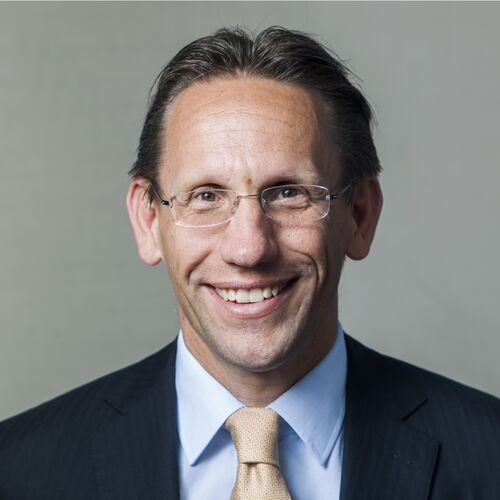There is no one-size-fits-all strategy in the area of sustainability. KENFO aims to take ESG criteria into account in all liquid and illiquid asset classes when selecting assets. The sustainability approach is in line with our performance goals. We want to balance our (direct and indirect) investment decisions and our ESG goals in such a way that return potential is preserved when the foundation's assets are invested. In this way, we can pursue the foundation’s purpose without placing a burden on future federal budgets.
Sustainable investing is a dynamically developing area. The individual steps in the sustainability approach are implemented directly by the associated asset management companies for the liquid investments. The companies generally have competencies, computing capacities and licenses from multiple data providers. This means that KENFO does not have to commit to one ESG ratings agency or data provider and its databases. By doing so, KENFO benefits - in addition to cost savings - from the high level of dynamics that results from improving data quality and data availability in this business area, which is still new.
KENFO’s sustainability approach is based on the following general principles when making investment decisions:
UN Global Compact is the world's largest and most important initiative for responsible corporate governance. Companies are excluded from investment if they violate one or more of ten of its core principles. This includes compliance with recognized human rights and international labour standards, protecting the environment and combating corruption. The exclusion also includes companies from industries that are excluded from the UN Global Compact as signatories because they violate its statutes relating to corporate misconduct.
UN Principles for Responsible Investment (UN PRI). The global investor initiative PRI works in partnership with the financial initiative of the UN environmental program UNEP and the UN Global Compact. More than 1,400 companies from 50 countries around the world have joined this initiative. Together they have an investment capital of more than USD 59 trillion. With their signature, capital owners, asset managers and financial service providers undertake to observe environmental and social criteria, as well as aspects of corporate governance in all of their activities.
Exclusion of nuclear power and supporting of climate goals. The fund excludes investments and participations in nuclear power station operators and in companies that control nuclear power station operators. When investing its resources, the fund will not act in a manner that is contrary to the phasing out of coal-based power generation. As part of its statutory mandate, KENFO supports investments in decarbonization in order to achieve climate targets to be achieved. When investing its resources, the fund will not act in a manner that is contrary to the phasing out of coal-fired power generation, which the coal commission is aiming for and which has a broad social consensus behind it.





